My family stopped going to our local, small town Catholic church when I was eleven. The last sermon we heard our pastor give at this church struck me right in the heart. Instead of accepting people for who they were, the pastor degraded queer people and called them mentally ill. Immediately after my mother and I left the church and got in our car to go home, I started sobbing. As a young, questioning person, it pained me to hear such terrible words uttered about people just like me. Why did the Catholic congregation feel such hatred towards others in a place that is supposed to be built on love?
I never fully healed from this childhood experience. From then on, I became wary and distrustful of organized religion and religious leaders. In particular, I began to distance myself from Christianity and the church. Now, as a student of sociology and history, I’m interested in the consequences of religious application in society.
When I was offered the opportunity to meet Father Michael Lapsley during his visit here at Luther College, I accepted. But, I was hesitant as I still lodged biases against Christianity from my previous experience. On April 18th, before Lapsley’s public lecture, we talked about the idea of forgiveness and how it is often hard to put into practice. Working through hatred bitterness, and pain is needed before forgiveness is an option, and this journey is neither linear nor solitary. He said it often “can be two steps forward, three steps back. Those who can be the healer of others must be on their own journey of healing. They don’t [need to already have arrived] but they need to be on the way.” He expanded on this topic in his lecture “Healing the Wounds of History” by saying, “Some people just need a hug, not a sermon.”
Being able to talk with a person who actively does restorative justice, through the Institute for the Healing of Memories, was insightful. Lapsley’s theology of forgiveness is not only transformative for Christians, but also for members of other faith traditions and nonreligious people such as myself. We are humans; we all experience pain. Recognizing that we share this and can work through it with each other helps ease the burden. Together, we can strive towards a more equitable society. As Lapsley said, “I believe a thousand times more in the justice of reparation and restoration and restitution than punishment. We aren’t supposed to forgive systems, we are supposed to demolish them.”
Macy Taylor (‘26)
Editor’s Note: Opinions expressed in Letters to the Editor do not represent the views of the CHIPS organization and do not necessarily represent the views of individual CHIPS staff members. The author of the letter is solely responsible for opinions expressed in their writing.

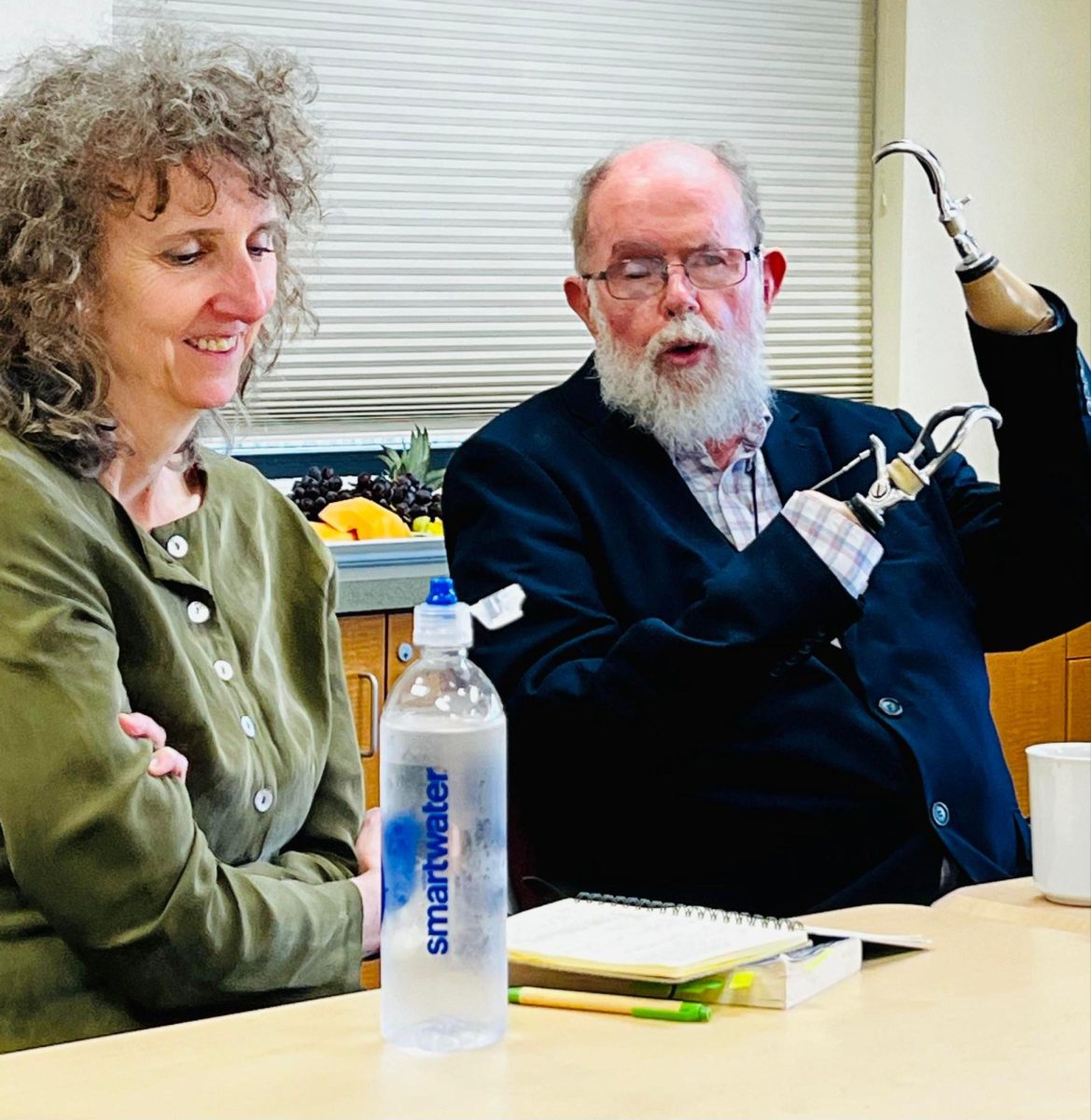
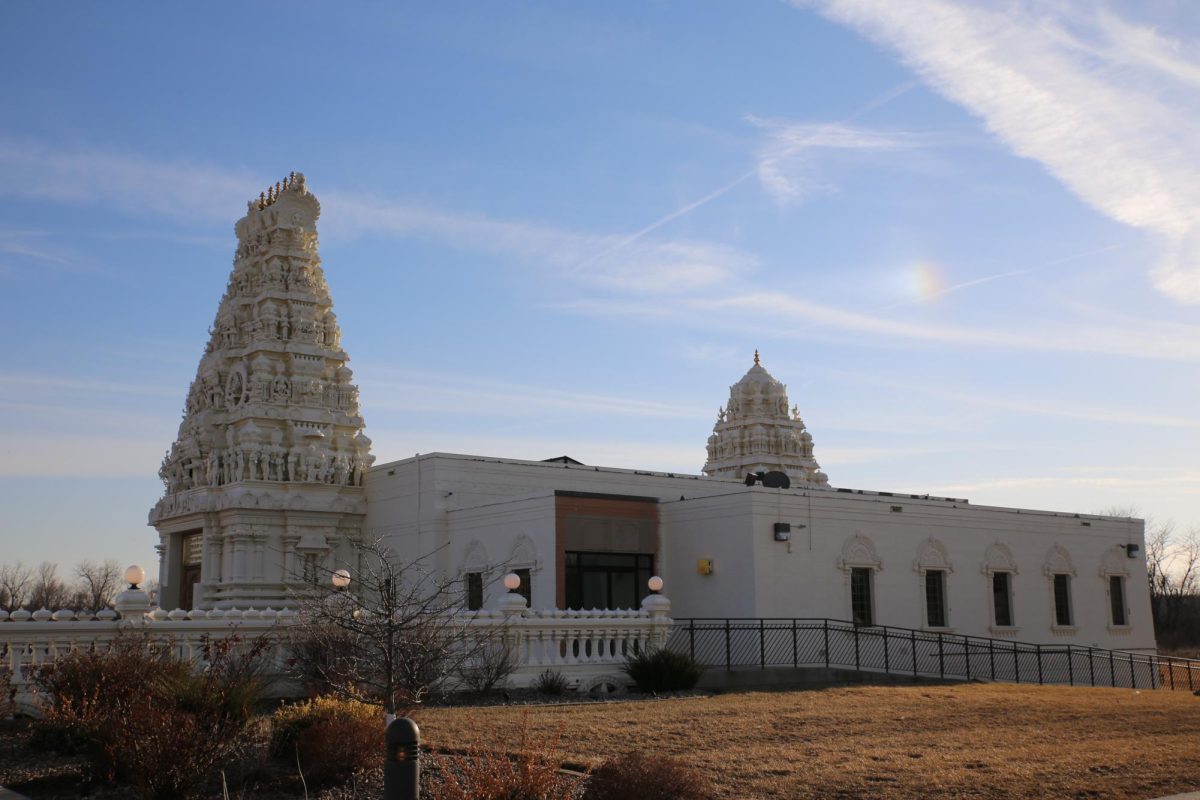

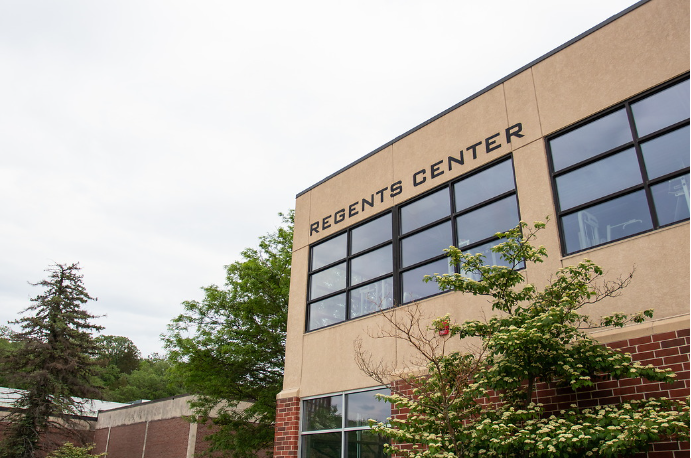
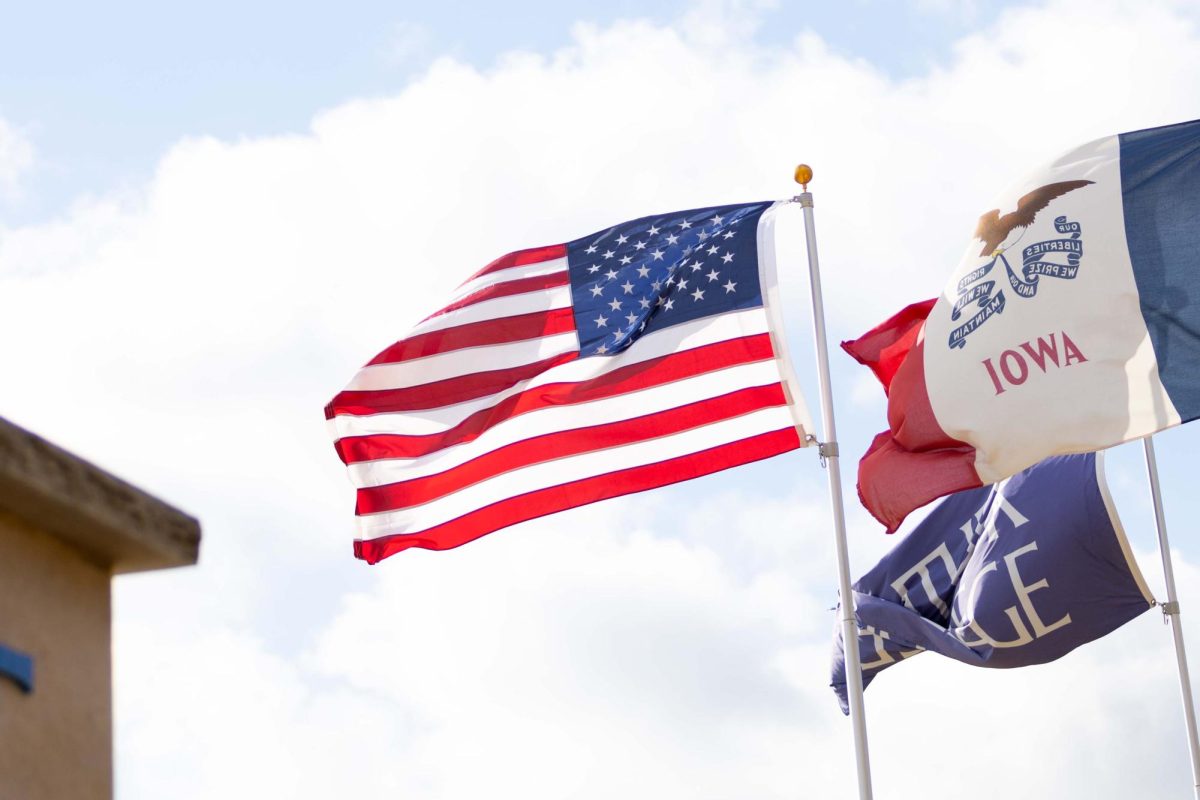
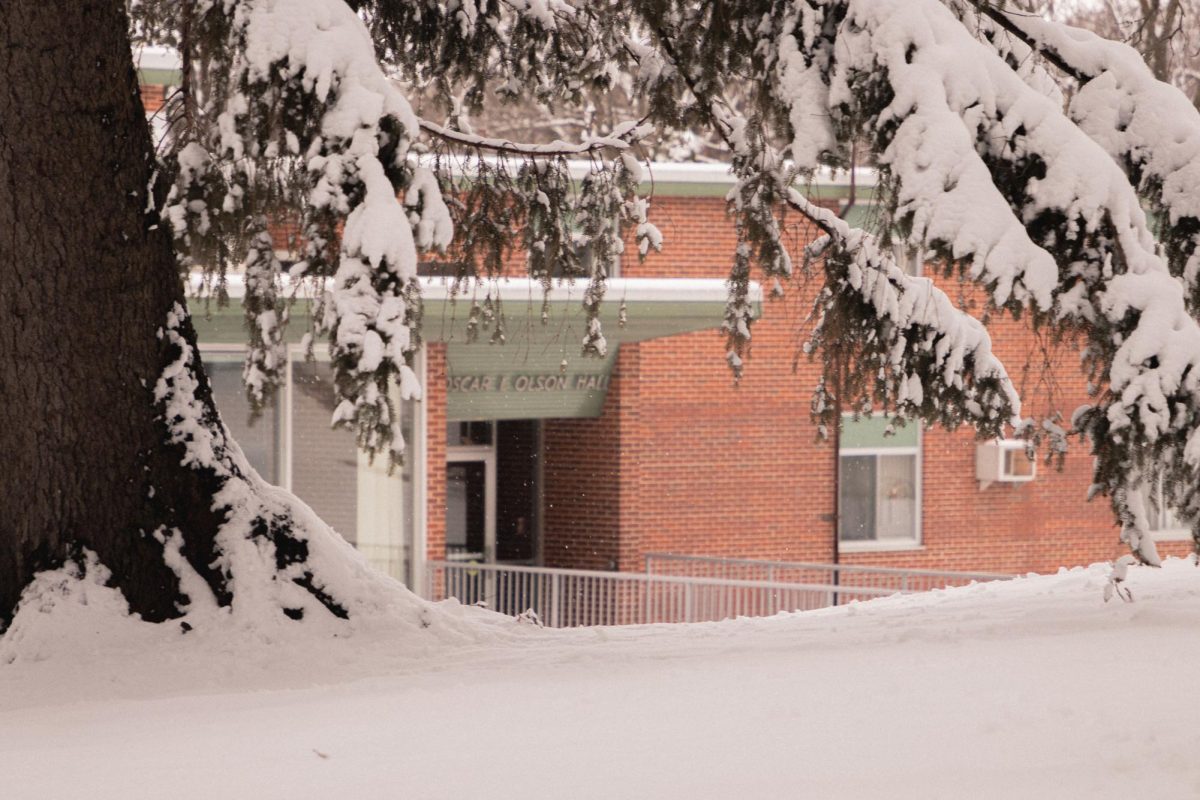
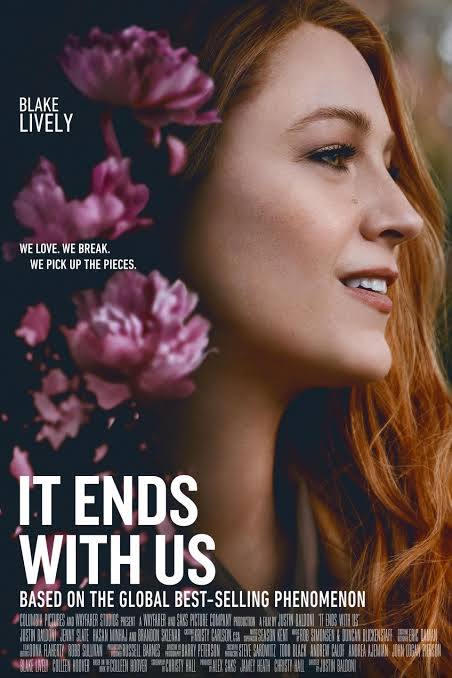
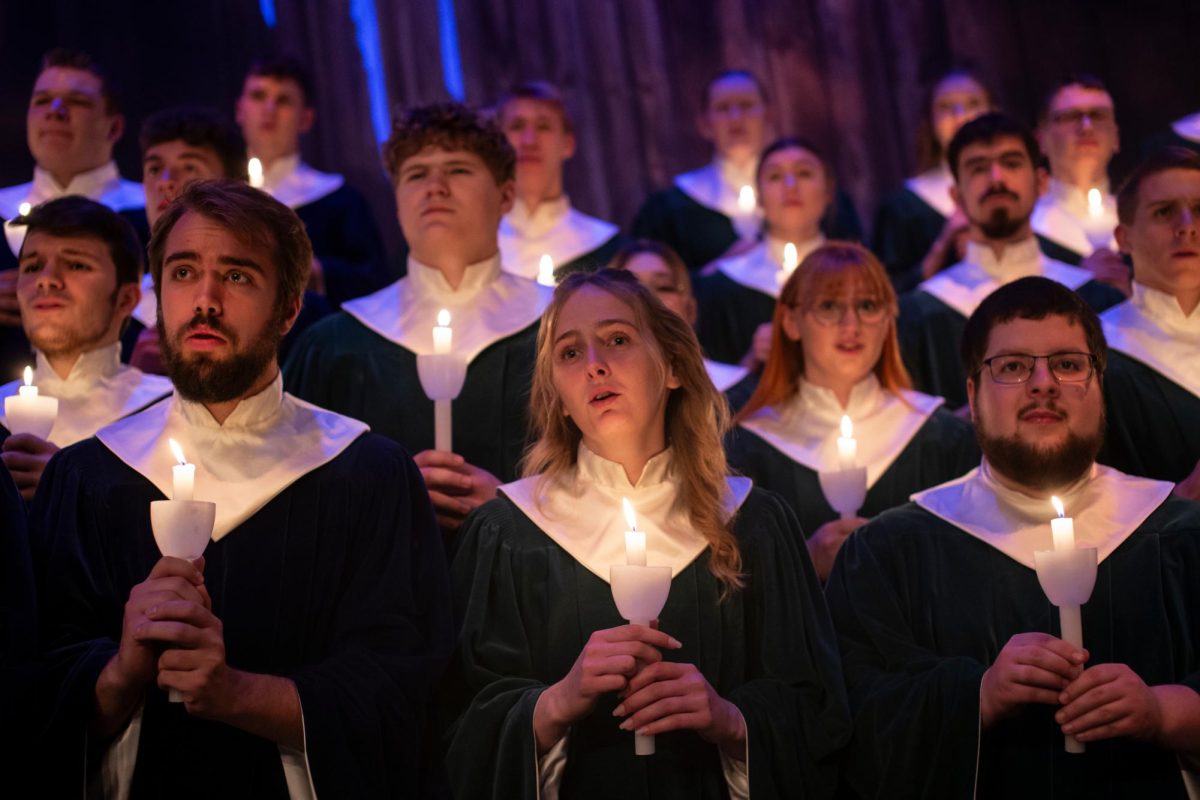
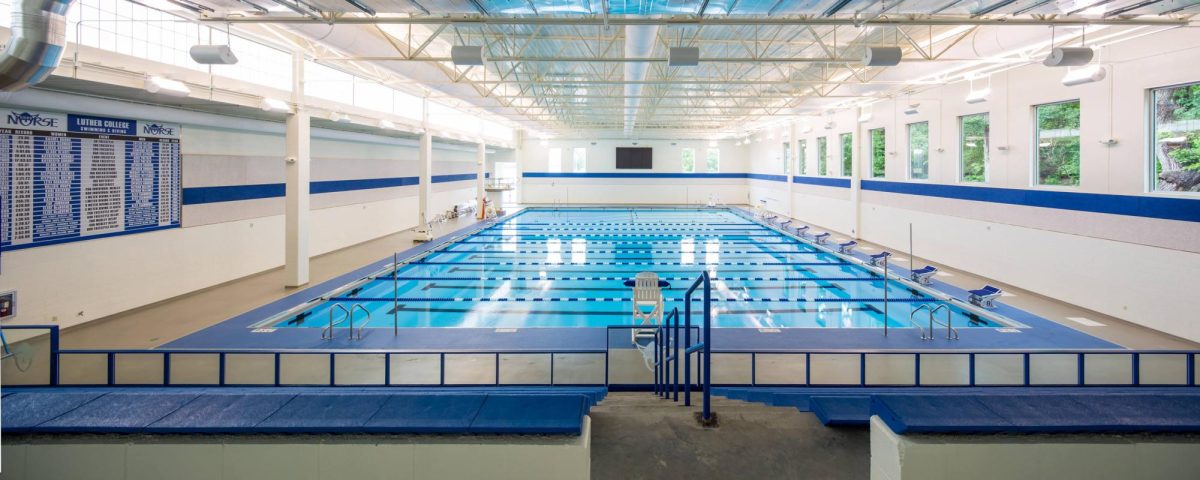
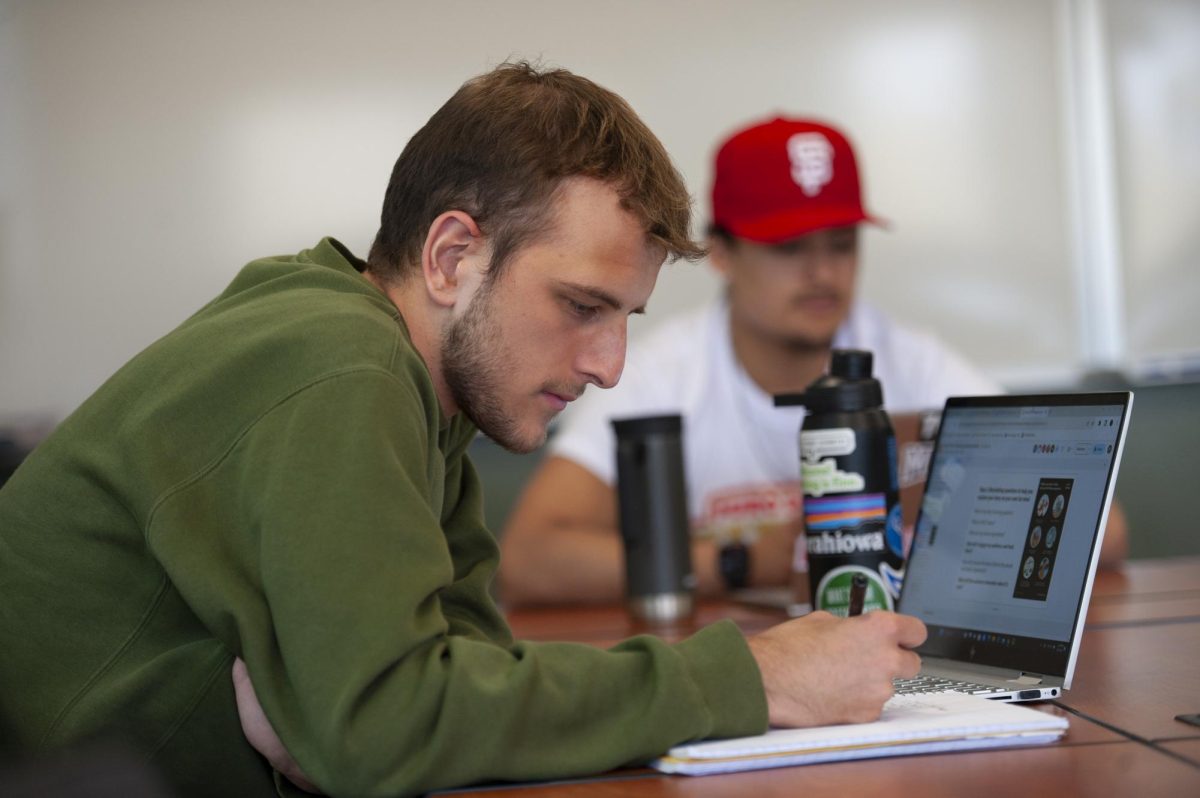

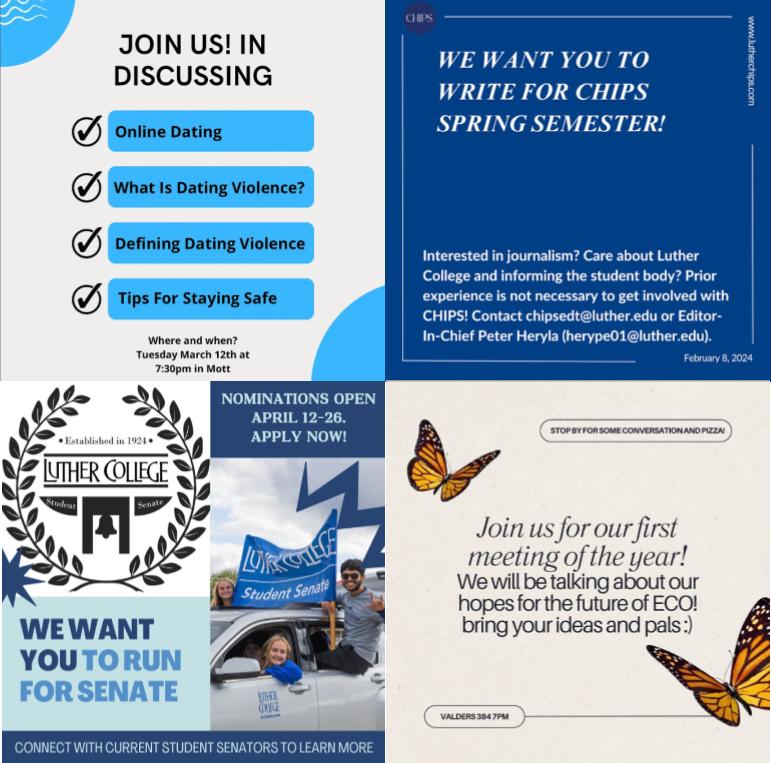
Wendelyn FriehlTaylor • May 9, 2024 at 8:55 am
So well written Macy. Thank you for sharing your experience with Father and your perspective on religion, forgiveness and healing. ❤️